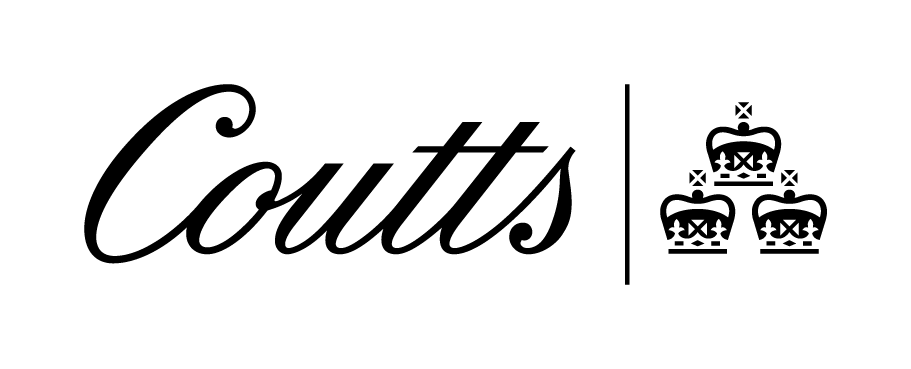Peter Flavel, the chief executive of NatWest-owned Coutts, has been dismissed in the wake of a row that emerged over the private bank’s closure of Nigel Farage’s accounts.
Flavel’s departure comes just 48 hours after NatWest chief exec Dame Alison Rose resigned after admitting she was the anonymous source cited in a story by the BBC which said the decision did not involve considerations about the prominent Brexiteer’s political views.
Rose told the broadcaster that Farage was refused permission to continue banking with Coutts because he “fell below the financial threshold” required to hold an account with the bank.
Farage subsequently submitted a subject access request to Coutts and obtained a report from the bank's reputational risk committee.
While the document reportedly mentioned commercial considerations, it also said the committee did not think that continuing to have Farage as a client was "compatible with Coutts given his publicly-stated views that were at odds with our position as an inclusive organisation".
The document reportedly added that Coutts felt that Farage’s alleged “xenophobic, chauvinistic and racist views” could pose a risk to its reputation.
“In the handling of Mr Farage’s case we have fallen below the bank’s high standards of personal service,” Flavel said in his resignation statement. “As chief executive of Coutts it is right that I bear ultimate responsibility for this, which is why I am stepping down.”
According to the Guardian, Flavel was asked to leave by NatWest’s new interim chief executive Paul Thwaite, who felt it was important to take action quickly.
In a statement issued by NatWest, Thwaite said: “While I will be personally sorry to lose Peter as a colleague, I believe this is the right decision for Coutts and the wider group.”
While the Farage scandal has led to two senior departures at NatWest, the bank's chair Sir Howard Davies has said that he will continue at the bank despite backing Rose. On Friday, Davies said: “We do have the support of our main shareholder.” NatWest is 39 per cent owned by the taxpayer.
Amid a challenging week for NatWest, the bank recently recorded a profit increase of around 37 per cent in its half year results to £3.6 billion versus £2.6 billion in 2022.
Latest News
-
Bank of Ireland UK fined over fraud control delay
-
Starling launches SaaS business in fourth global market
-
OakNorth poaches new CFO from Virgin Money
-
JPMorgan admits closing Trump accounts after Capitol riot
-
Digital euro rollout could cost banks up to €6bn
-
Societe Generale joins LSEG’s model marketplace as part of new venture
Creating value together: Strategic partnerships in the age of GCCs
As Global Capability Centres reshape the financial services landscape, one question stands out: how do leading banks balance in-house innovation with strategic partnerships to drive real transformation?
Data trust in the AI era: Building customer confidence through responsible banking
In the second episode of FStech’s three-part video podcast series sponsored by HCLTech, Sudip Lahiri, Executive Vice President & Head of Financial Services for Europe & UKI at HCLTech examines the critical relationship between data trust, transparency, and responsible AI implementation in financial services.
Banking's GenAI evolution: Beyond the hype, building the future
In the first episode of a three-part video podcast series sponsored by HCLTech, Sudip Lahiri, Executive Vice President & Head of Financial Services for Europe & UKI at HCLTech explores how financial institutions can navigate the transformative potential of Generative AI while building lasting foundations for innovation.
Beyond compliance: Building unshakeable operational resilience in financial services
In today's rapidly evolving financial landscape, operational resilience has become a critical focus for institutions worldwide. As regulatory requirements grow more complex and cyber threats, particularly ransomware, become increasingly sophisticated, financial services providers must adapt and strengthen their defences. The intersection of compliance, technology, and security presents both challenges and opportunities.
© 2019 Perspective Publishing Privacy & Cookies














Recent Stories